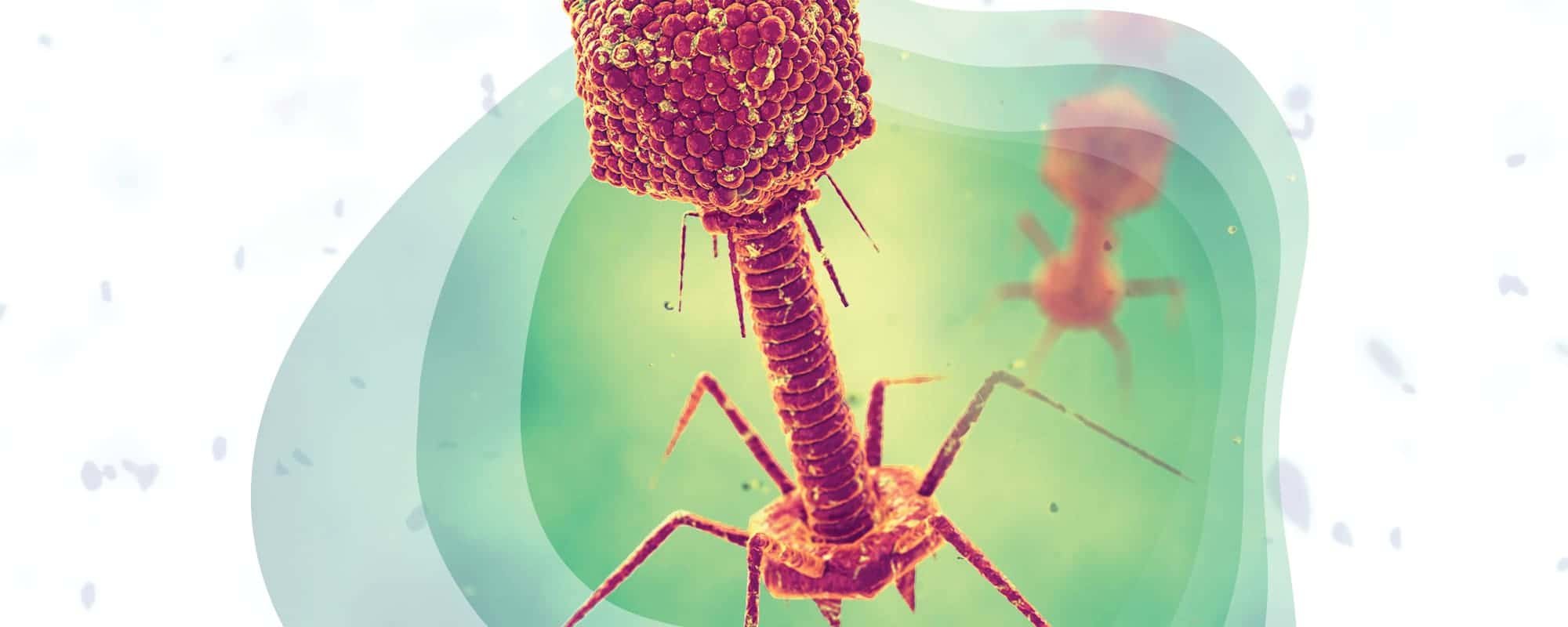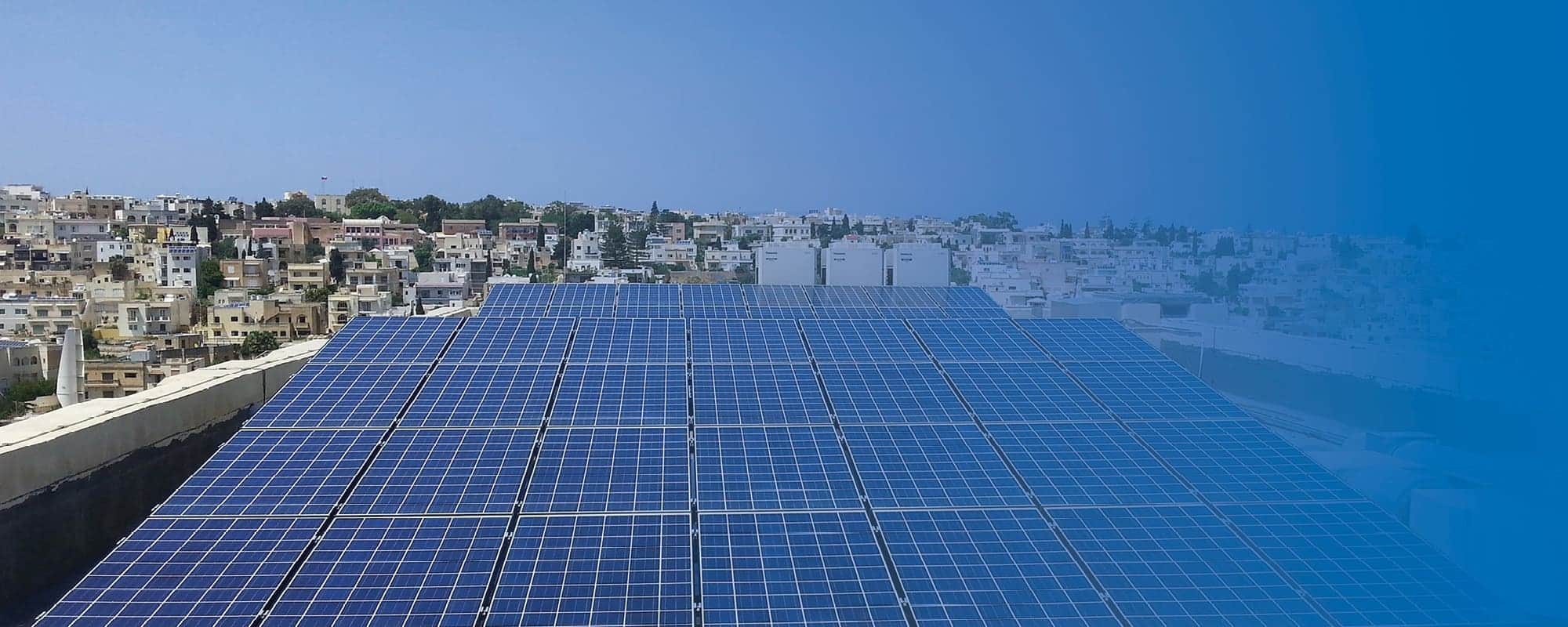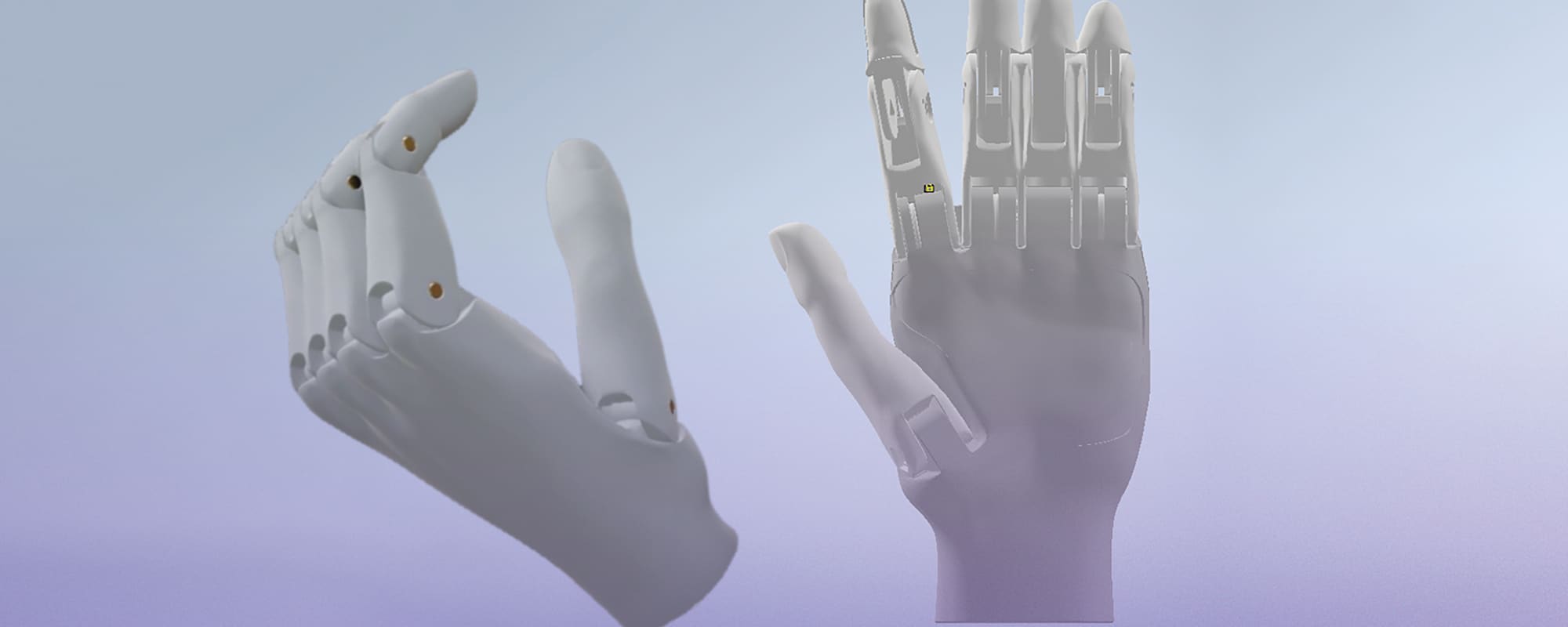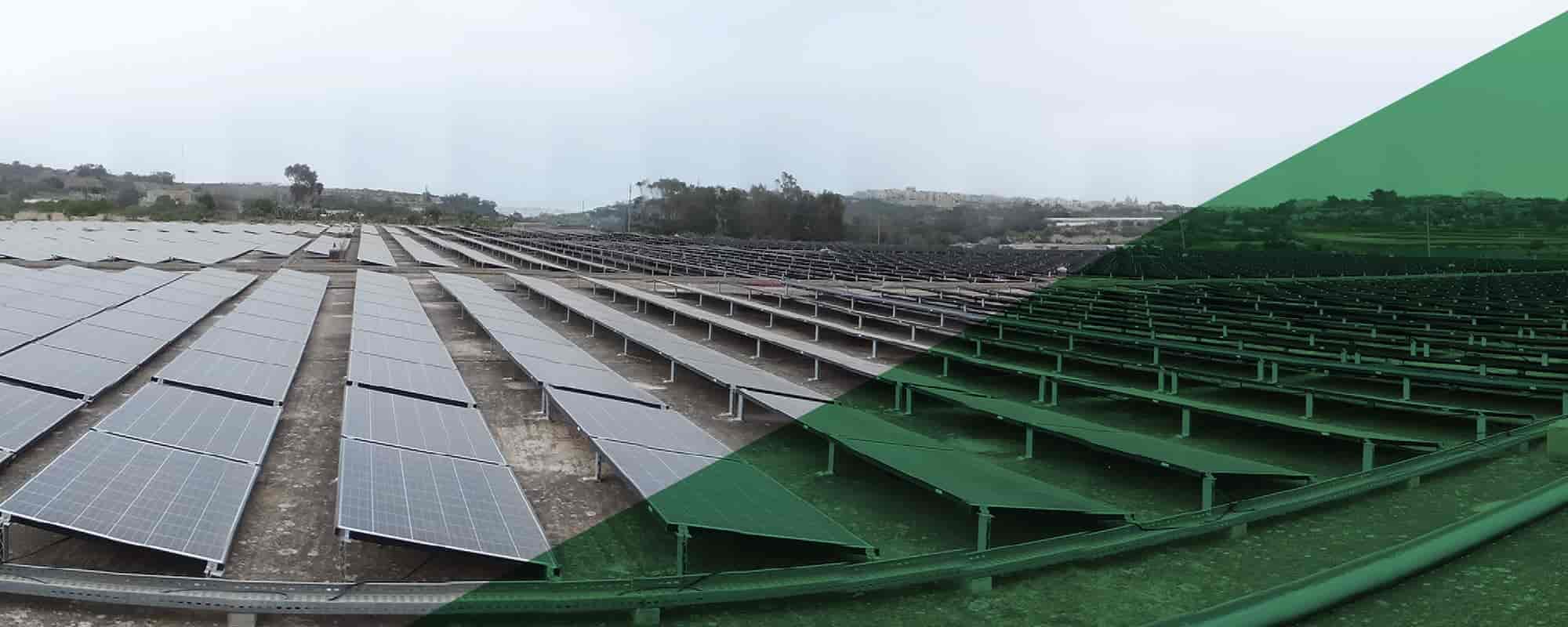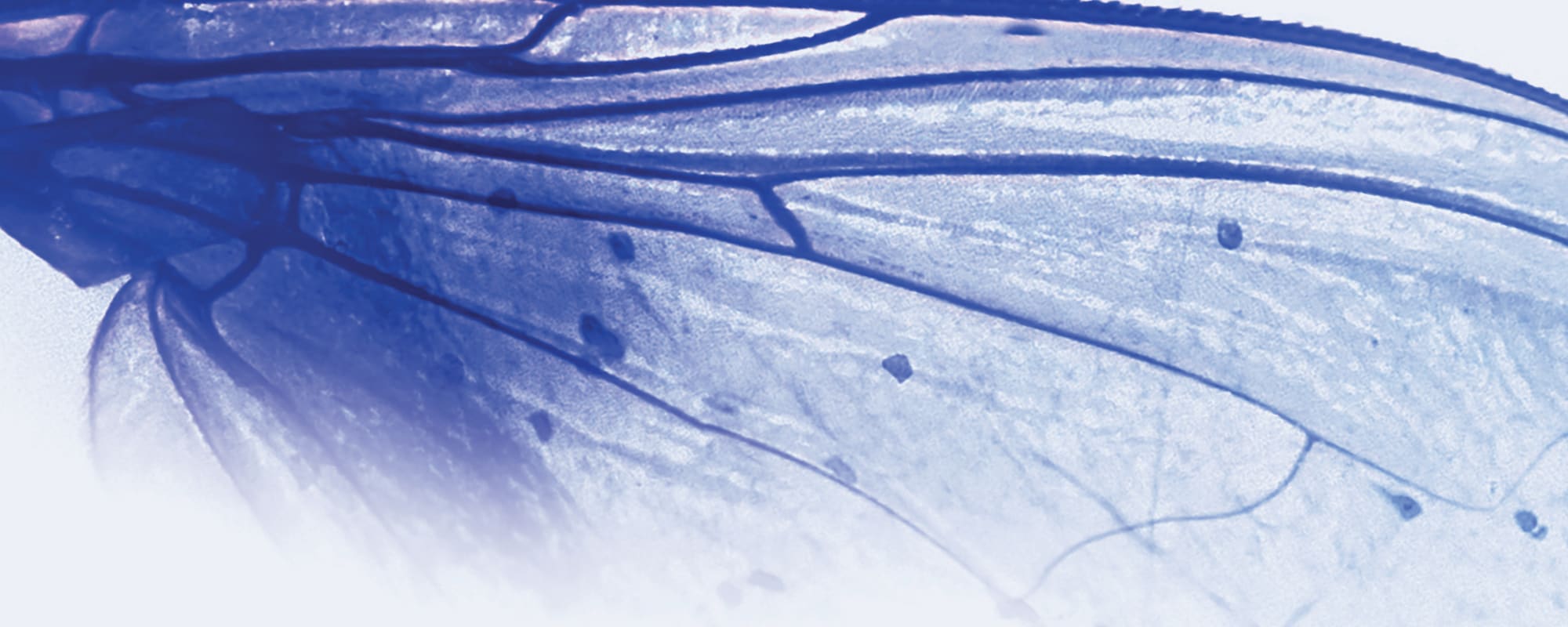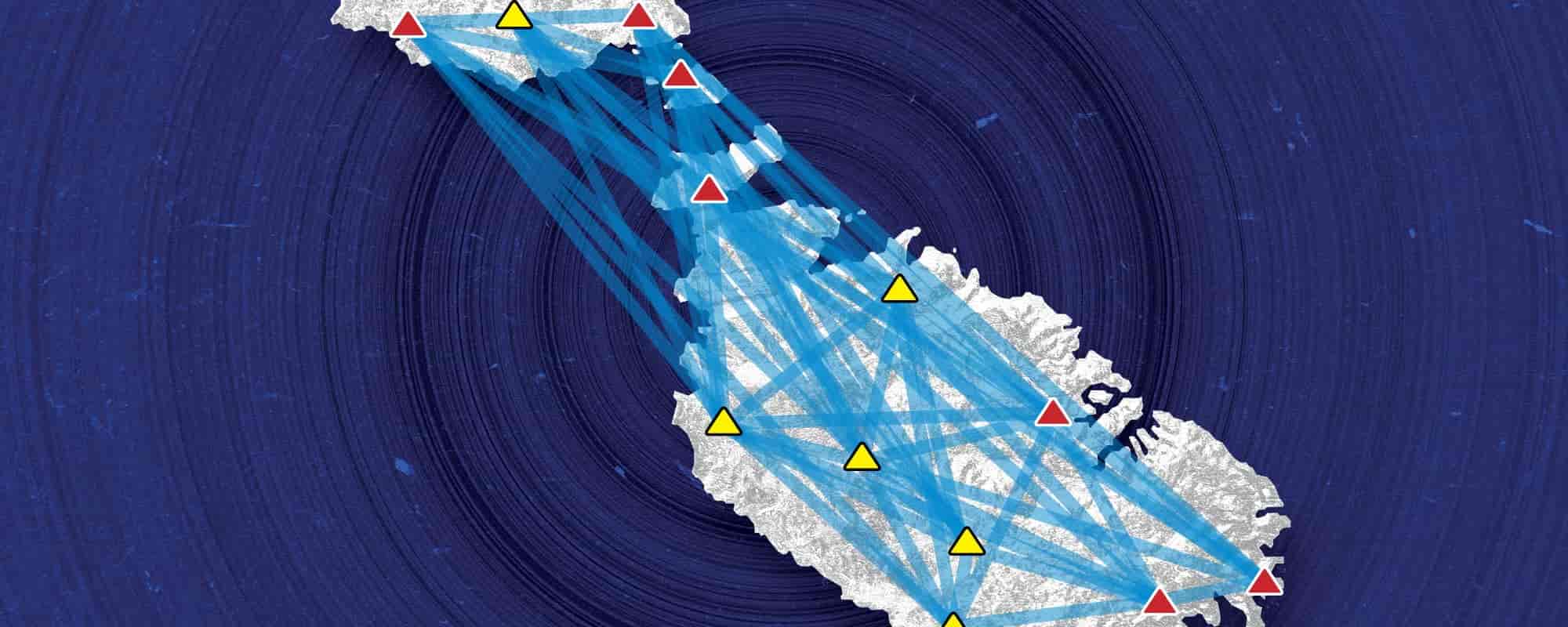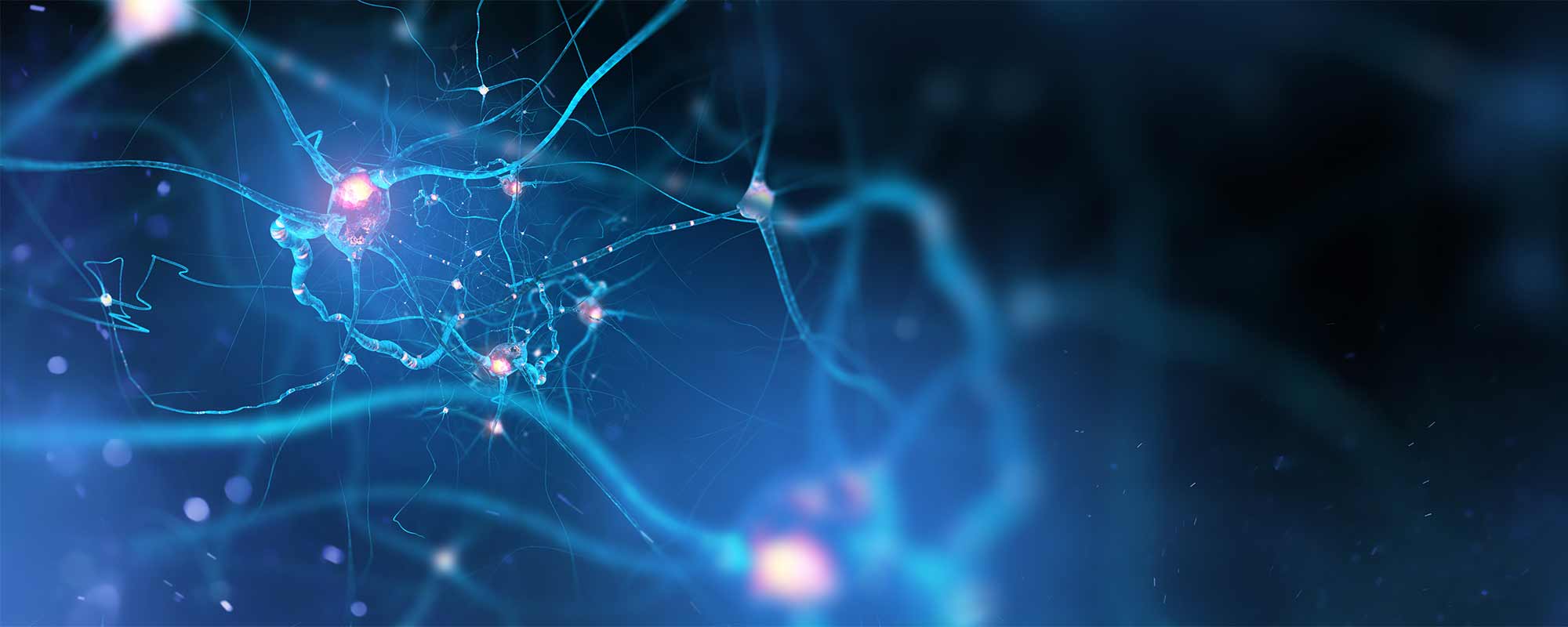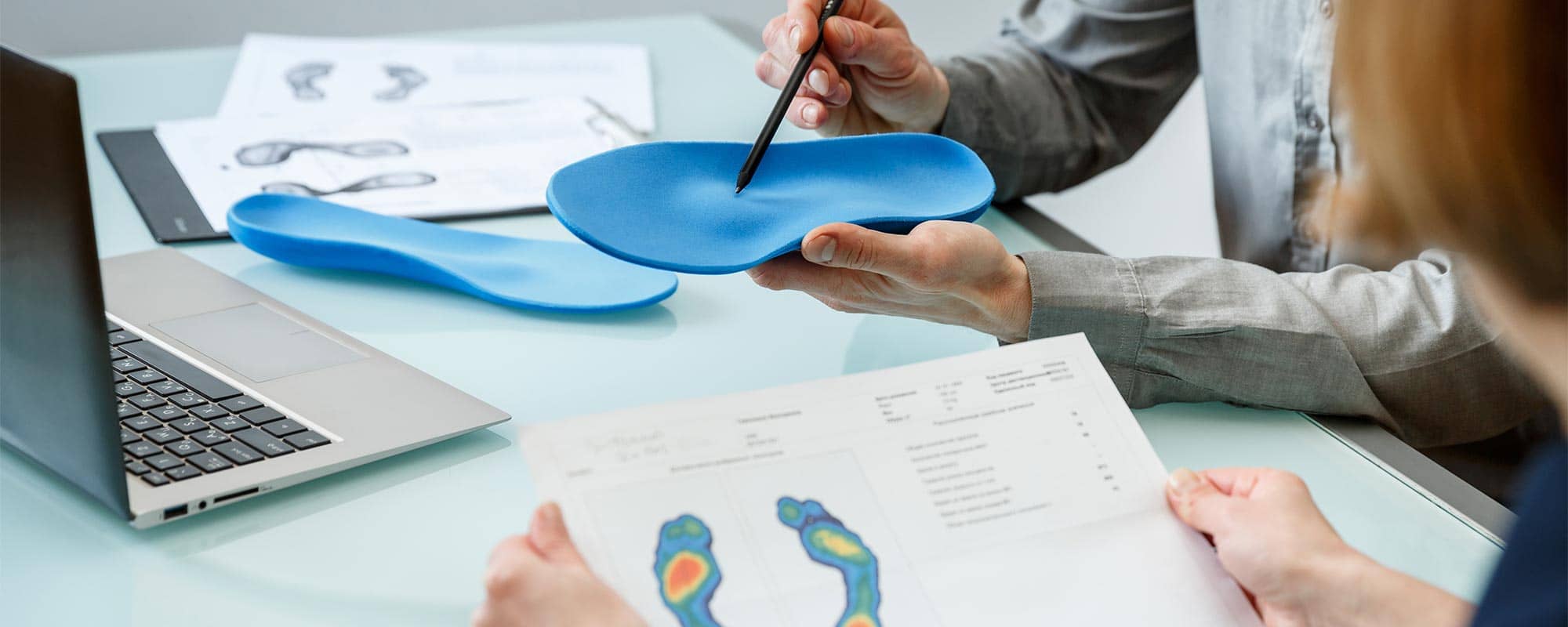Project ACCELERATE is using bacteriophages to engineer antibodies which can provide passive immunity against infectious diseases such as Covid and Zika
Continue readingThe Future of Campus Energy
Of all energy resources, solar energy is the most abundant. Harnessed even in cloudy weather, the rate of solar energy that arrives on Earth is 10,000 times greater than the rate at which humankind consumes energy. Solar technologies can deliver heat, cooling, natural lighting, electricity, and fuels for a host of applications.
But how does this technology work? Can the University of Malta (UM) lead the way towards greener energy?
Continue readingHow Less Is More in Prosthetic Hands
Current hand prosthetics are expensive, heavy, and hard to control. Researchers from the University of Malta (UM), in collaboration with Orthopaedic Centre Malta, are addressing these problems by simplifying the design of prosthetic hands. The project MAProHand, led by Prof. Ing. Michael Saliba, creates a novel hand prosthetic that concentrates on the key functions of the hand.
Continue readingZEROCO2 Buildings: A Step Closer to Carbon Neutrality
There is more to making a building energy efficient than simply installing PV Panels. To create a truly zero-energy building, a holistic approach involving engineers, architects, and builders needs to be taken. THINK sits with Prof. Ing. Charles Yousif and his team to see what such an approach looks like.
Continue readingALS Discoveries that Help Unlock New Treatments
Amyotrophic Lateral Sclerosis (ALS) is a rare neurodegenerative disease that ‘locks’ patients in their own bodies, clear-headed but unable to move or speak. A research group at the University of Malta is looking for therapeutic targets to treat the disease while supporting ALS patients and their families through their condition.
Continue readingWhat’s That Noise?
Malta depends on subterranean groundwater for agriculture, industry, and a large population. A University of Malta initiative, Project SIGMA, is monitoring groundwater sources not by digging for them, but by listening.
Continue readingExhausting Traffic: A Study on Local Traffic Emissions
We all agree that traffic can be exhausting. But it can also simply be exhaust. Vehicle exhaust emissions originate from their tailpipes and have been strongly regulated to tackle emissions of air pollutants. However, Maltese researchers recently found that this type of emission is not the major contributor to particulate emissions from vehicles. THINK takes a closer look under the hood.
Continue readingA Fruitful Effort: Understanding the Genetics of Maltese ALS Patients by Using Fruit Flies
ALS is a motor neuron disease which affects nerve cells in the brain and spinal cord. Genes play a major role in causing the disease. In her PhD project, Dr Rebecca Borg explored the cause of this debilitating disease in Malta, specifically identifying which altered genes are unique to Maltese ALS patients.
Continue readingHow Smart Insoles Can Save Feet of People Living with Diabetes
In Malta, around 10% of the local population is affected by diabetes. This is especially alarming considering that diabetes can affect the blood and nervous system and eventually even lead to foot amputations. Researchers from the University of Malta (UM) and Mater Dei Hospital are trying to address this problem in their project Sit_Diab: Smart Insole Technology for the Diabetic Foot. They developed a novel method of detecting foot complications early enough to take action in time to help save limbs.
Continue readingWhy Don’t Ants Take Fall Damage?
Do you ever recall those moments in nature, where tiny insects seem to mistake you for a tree? Not only do they walk vertically upwards with incredible grip, but as they are brushed off and fall to the ground, they just nonchalantly walk away. No big deal. Except, when put into perspective, an ant falling from your arm is as though a person fell off a rooftop and walked away untouched. Why do small insects, and ants specifically, never seem to take any fall damage?
Continue reading
